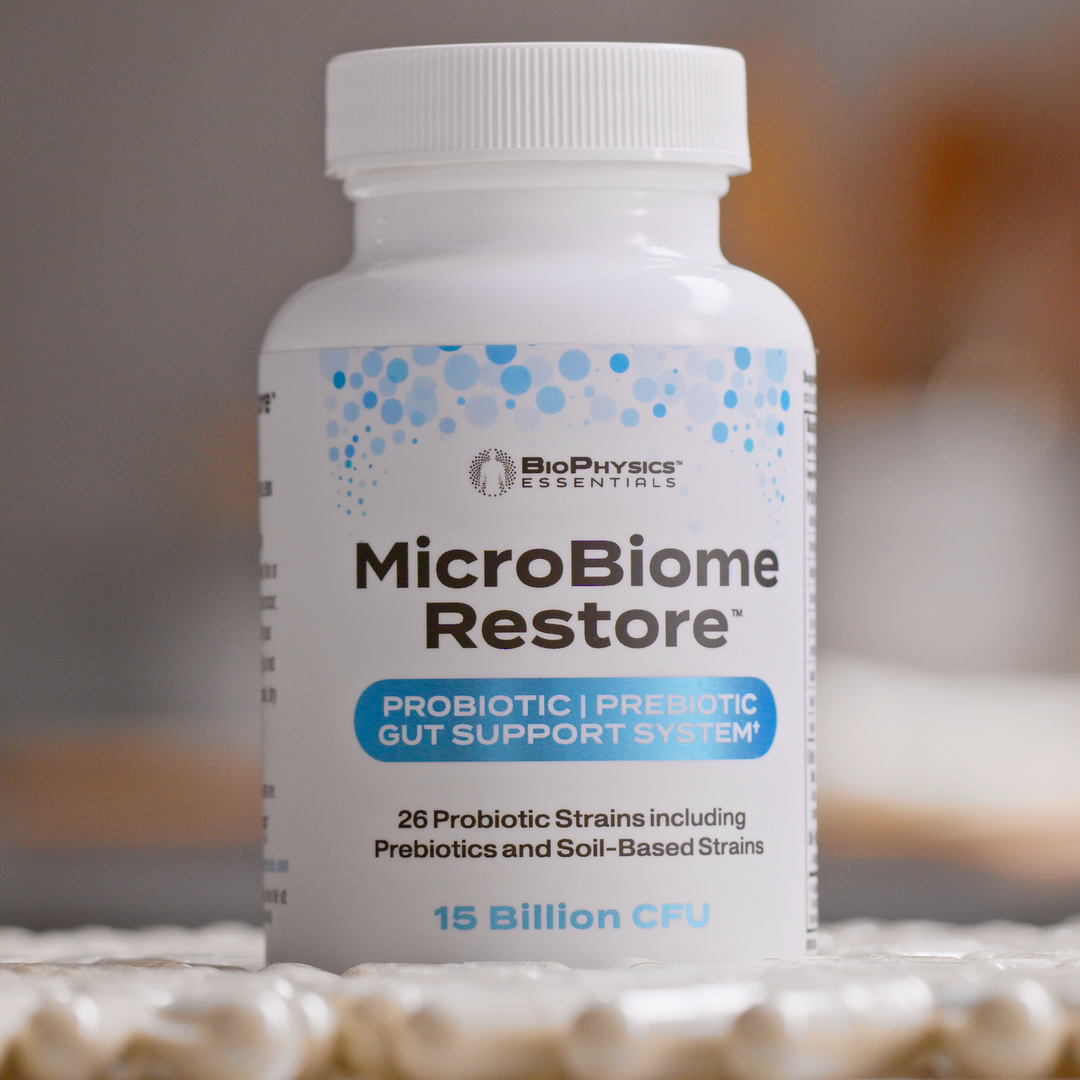Acacia Senegal, also known as Gum Arabic, is a natural substance from certain Acacia trees in Africa. It's been used for centuries in medicine and has some cool health benefits. Let's explore what makes this plant so special!
Key Benefits of Acacia senegal (Gum Arabic)
- Helps control blood sugar levels
- Improves heart health
- Supports good gut bacteria as a prebiotic
- Aids in weight management
- Natural source of dietary fiber
- May reduce inflammation in the body
- Improves overall digestive system function
What's So Great About Acacia Senegal?
Acacia Senegal is like a superhero for your body. It's full of soluble fiber that helps your digestive system work better. This fiber is special because it feeds the good bacteria in your gut, which is important for your health. Probiotics are these good bacteria, and Acacia Senegal helps them grow. This can improve your digestion, help your body absorb nutrients better, and make your immune system stronger.

Acacia senegal (gum arabic) is a tree resin that has incredible prebiotic and health effects
Keeping Your Blood Sugar in Check
One of the coolest things about Acacia Senegal is that it can help control blood sugar levels. This is really helpful for people with diabetes or anyone who wants to keep their energy levels steady. The fiber in Acacia Senegal forms a gel in your stomach that slows down how fast sugar gets into your blood. This means you don't get sudden spikes or drops in blood sugar, which is good for your health and energy levels.
Heart Health Hero
Acacia Senegal is also great for your heart. It can help lower the "bad" cholesterol and increase the "good" cholesterol in your blood. This is important for keeping your heart healthy and reducing the risk of heart diseases. It might also help lower blood pressure and reduce inflammation in your blood vessels. Think of it as a natural way to keep your heart happy and healthy!
If you want to learn more about keeping your gut healthy, which also helps your heart, check out these 8 ways to boost gut health naturally. It has great tips that work well with Acacia Senegal to help your overall health.
Acacia Senegal: Your Gut's Best Friend
Your gut is full of tiny living things called microbes. Some are good, and some can be bad if there are too many. Acacia Senegal helps keep a good balance by feeding the good bacteria. When you eat Acacia Senegal, it's like giving a feast to the good bacteria in your gut. These bacteria then make things that help reduce inflammation and keep your gut healthy. A healthy gut is linked to better mental health, clearer skin, and even better brain function, showing how important gut health is for your whole body.
Gut Bacteria Changes with Acacia Senegal
If you're interested in other ways to help your gut health, you might want to read about the benefits of Bacillus Coagulans for gut health. It's another good bacteria that works well with Acacia Senegal to keep your gut healthy.
Weight Management Wonder
Acacia Senegal can also help if you're trying to manage your weight. The fiber in it makes you feel full for longer, which can help you eat less throughout the day. It also slows down digestion, which helps control blood sugar and gives you steady energy. This can stop you from feeling tired and wanting to snack on unhealthy foods. Some studies even suggest that a healthy gut can help your body use energy better and store less fat, which could make it easier to manage your weight when you also eat healthy and exercise regularly.
How to Use Acacia Senegal
Now that you know how great Acacia Senegal is, you might want to try it. Here are some fun and easy ways to add it to your daily routine:
- Mix it into your morning smoothie
- Sprinkle it on yogurt or oatmeal
- Add it to homemade energy bars or protein balls
- Stir it into salad dressing
- Use it in baking, like in muffins or pancakes
- Dissolve it in warm water or tea
- Add it to homemade ice cream or frozen yogurt
- Use it to thicken soups or stews
Start with a small amount, like 5-10 grams a day, and slowly add more as your body gets used to it. Pay attention to how you feel and adjust as needed. Always check with a doctor before adding new supplements to your diet, especially if you have health conditions or take medications.
MicroBiome Restore: Acacia Senegal in Action
If you want an easy way to get the benefits of Acacia Senegal, MicroBiome Restore is a great option. This supplement combines Acacia Senegal with other ingredients that are good for your gut. It has 26 different types of good bacteria, along with natural prebiotics like organic fig fruit and maitake mushroom. These ingredients work together to help your gut stay healthy, which is good for your digestion, immune system, and overall health.
Wrapping It Up
Acacia Senegal is pretty amazing. It can help control blood sugar, keep your heart healthy, improve your gut health, and even help with weight management. It's easy to add to your daily routine, either on its own or through a supplement like MicroBiome Restore. While it's not a magic cure for all health problems, it can be a helpful part of a healthy lifestyle.
If you're interested in learning more about natural ways to stay healthy, especially for your gut, check out the BioPhysics Essentials shop. They have lots of good products and information to help you make smart choices about your health.
Why not give Acacia Senegal a try? Whether you use it directly or through a supplement like MicroBiome Restore, you might be surprised by how much better you feel. Your body, especially your gut, might thank you for this natural health boost!
References
- Functional Foods in Health and Disease, 2017
- Lipids Health Dis, 2018
- Babiker et al., 2018
- Kaddam et al., 2019
- WebMD, n.d.
- Journal of Lipids, 2019
- Cureus Journal, 2023










Share and get 15% off!
Simply share this product on one of the following social networks and you will unlock 15% off!